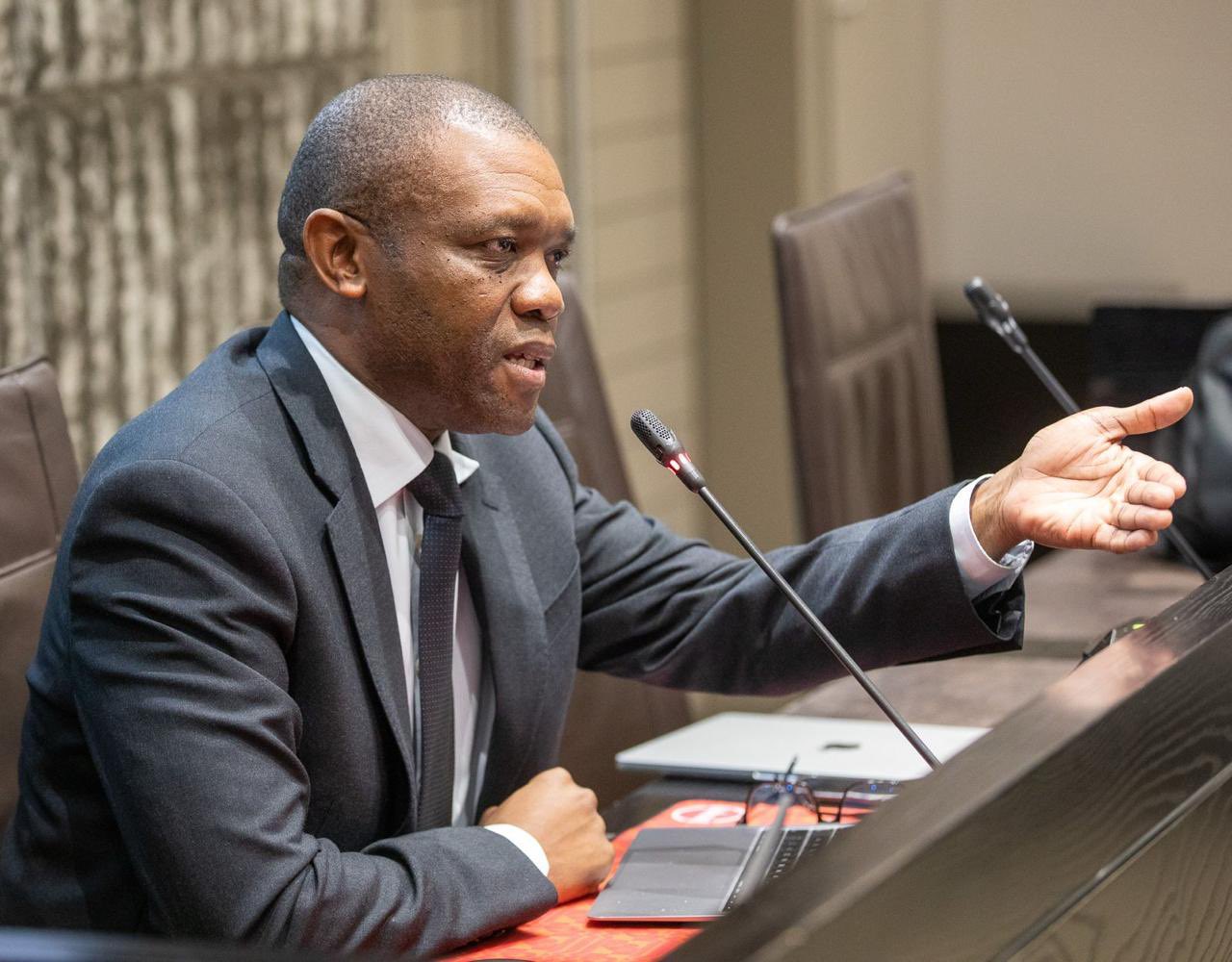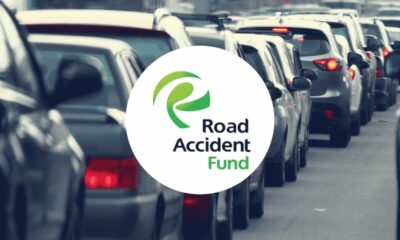News
Parliament Puts Road Accident Fund on the Hot Seat Over Mismanagement and Delays

Victims, service providers, and the public may finally get long-awaited answers
For the first time in over a decade, Parliament is formally investigating the Road Accident Fund (RAF) a move being hailed as a turning point for South Africans affected by what many have called a “broken system.”
On Tuesday, the Standing Committee on Public Accounts (SCOPA) announced a comprehensive inquiry into the RAF’s financial and operational conduct. The inquiry will dig deep into allegations of governance failures, fruitless and wasteful expenditure, irregular financial reporting, and, crucially, delays in compensation payments to victims of road accidents and their service providers.
This marks a rare moment of accountability for a state institution that holds billions in public liability and is central to South Africa’s road safety and medical compensation infrastructure.
A Decade of Warnings Finally Heard
For years, civil society groups like the Association for Protection of Road Accident Victims (APRAV) have raised the alarm. From non-payments to hospitals to protracted legal battles with attorneys and delayed settlements for crash survivors, APRAV and others have documented a crisis that touches thousands of lives every year.
“This is more than a moment of reckoning, it’s a real chance for transformation,” said Ngoako Mohlaloga, deputy chairperson of APRAV. “SCOPA’s firm, structured, and solution-focused stance gives us renewed hope.”
Indeed, hope is sorely needed. According to healthcare funders, RAF has repeatedly ignored court rulings, failed to process valid claims, and operated under opaque accounting policies. Even clinics and emergency services have been left unpaid, a situation that directly threatens access to urgent care.
Accountability at Last?
The inquiry will probe several areas:
-
RAF’s financial health, including spending patterns and compliance with Treasury guidelines
-
Governance failures at the executive level, including the roles of the suspended CEO Collins Letsoalo, the Board, and oversight from the Minister of Transport
-
Operational consequences of RAF decisions, including how delays affect hospitals, patients, attorneys, and families
-
The legality of the Fund’s reporting and policy changes that have been implemented without public consultation
Dr Katlego Mothudi, Managing Director of the Board of Healthcare Funders, told eNCA: “It is about time public officials are held accountable. We welcome SCOPA’s involvement and believe the RAF should be forced to respect the law and court rulings.”
Letsoalo, who was placed on suspension with full pay and benefits, remains at the centre of much of the controversy.
Why This Matters for Everyday South Africans
Every year, thousands of South Africans are injured or killed in traffic accidents. The RAF is meant to ensure financial support for these victims and their families, but instead, many face years of legal battles or no payment at all.
Even ambulance companies and public hospitals have at times refused RAF-related patients because of unpaid bills. The ripple effects are systemic: from overloaded emergency wards to overburdened court dockets and financial ruin for survivors.
With this inquiry, Parliament is not just reviewing numbers on a balance sheet, it’s confronting the lived consequences of dysfunction in a system that should be saving lives, not deepening trauma.
Where to Next?
SCOPA will call witnesses, including top RAF officials, legal experts, and civil society stakeholders. Its findings could lead to criminal charges, leadership changes, or even a complete restructuring of the Fund.
While the inquiry is still in its early days, it has already struck a chord in a country tired of corruption scandals and service failures.
“This is not just about mismanagement. It’s about justice,” said Mohlaloga. “And at long last, justice may be on the table.”
{Source: IOL}
Follow Joburg ETC on Facebook, Twitter , TikTok and Instagram
For more News in Johannesburg, visit joburgetc.com



























